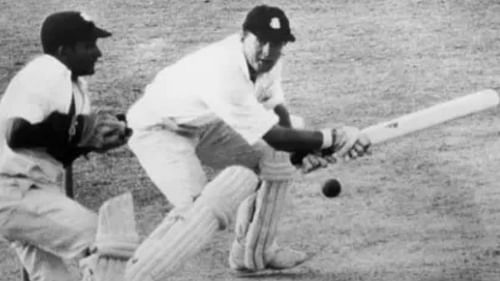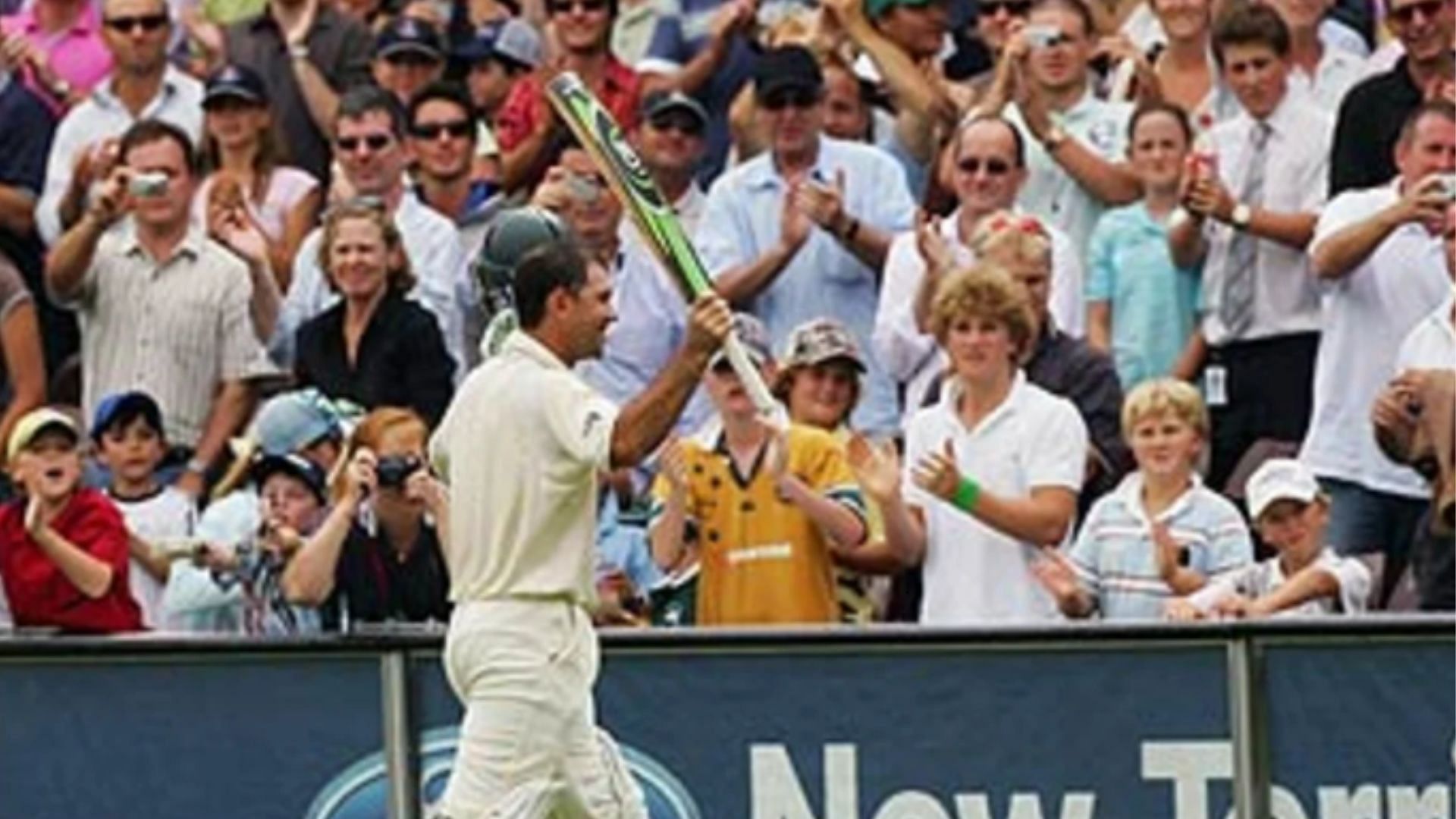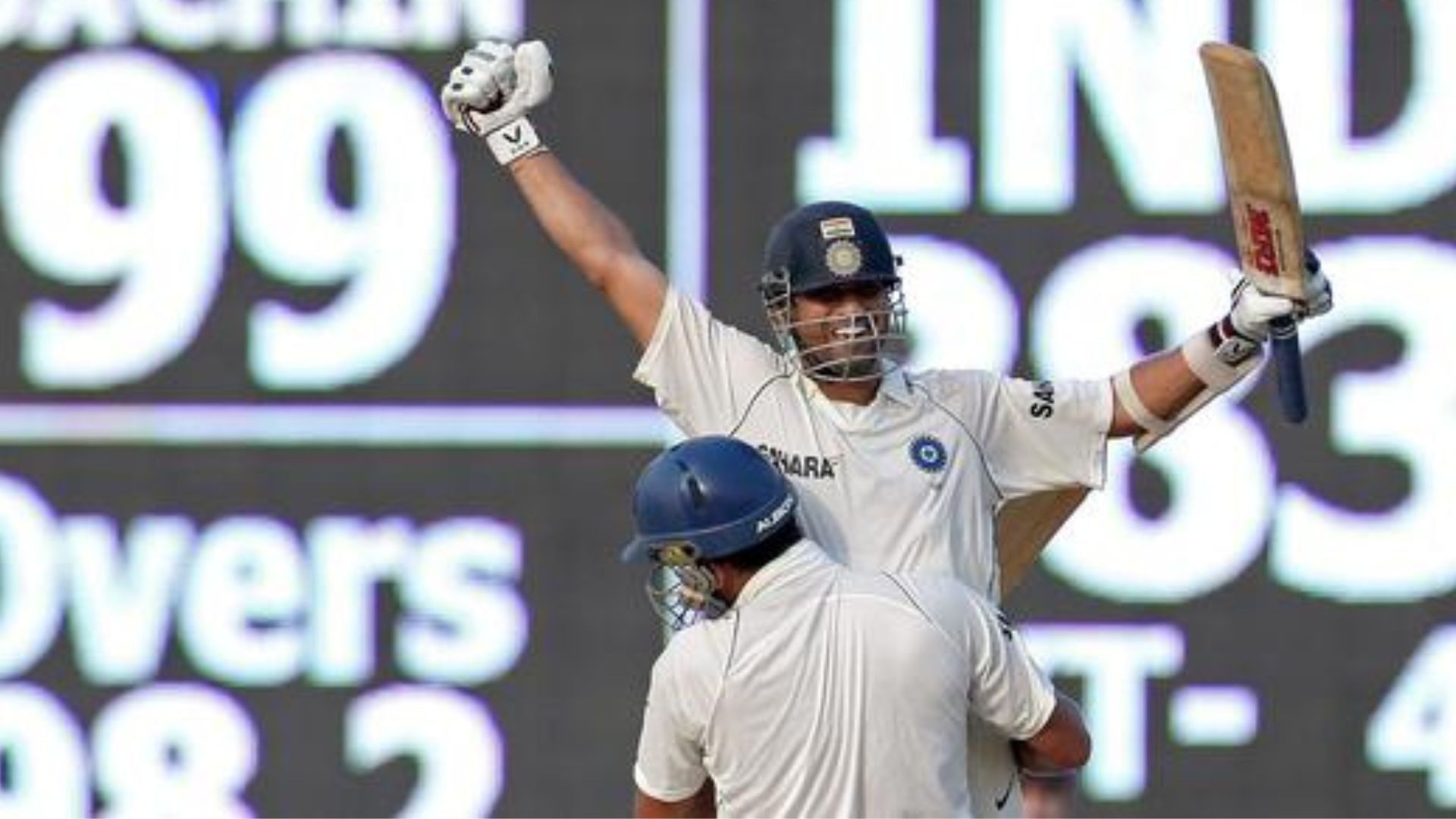
3 times a brave declaration backfired on a team in Test cricket
England lost the opening Ashes 2023 Test on a pulsating final day at Edgbaston, as Pat Cummins and Nathan Lyon held their nerves and stitched an unbeaten 55-run partnership to take Australia home with two wickets to spare.
The pendulum swung from one team to the other throughout the day's play, and when Joe Root dismissed Alex Carey with Australia still needing more than 50 runs, it looked like England were set for a famous victory.
However, the Australian skipper was resolute at the crease and got ample support from Lyon as the pair banished Australia's ghosts from a heartbreaking defeat at the same venue in 2005.
The narrow loss will come back to haunt England, especially after captain Ben Stokes decided to declare their first innings on Day 1 with the score reading 393/8.
He wanted to expose the Australian openers in the twilight of the day, hoping to make a breakthrough. However, Usman Khawaja and David Warner played out the remaining overs comfortably without any hiccups.
Australia got close to England's first-innings score and looked like they would get a sizeable lead.
Ben Stokes changed his tactics and asked his bowlers to bowl a barrage of short deliveries, which eventually cleaned up the Australian tail. England secured a seven-run lead and went on to set Australia a target of 281 to win in the fourth innings.
It was never going to be an easy chase, and when Marnus Labuschagne and Steve Smith were dismissed cheaply, it looked like the England bowlers would run away with the game.
Khawaja once again held the fort with a brilliant half-century but some quick wickets put the tourists on the backfoot, with Cummins and Lyon's heroics taking them to a historic victory.
That said, let's take a look at three instances a declaration backfired on a team in Test cricket.
#1. West Indies vs England, Port of Spain, 1968

Back in those days, caution was the first and foremost approach for a Test cricketer and the English batters, in particular, loved playing the waiting game.
Geoffrey Boycott keep blocking deliveries one after the other and it is one of those instances when he was bashed by their own tabloids.
Coming to this particular game, the West Indies had posted a mammoth score of 526 in their first innings, courtesy of centuries from Rohan Kanhai and Seymour Nurse.
England batted very slowly and took 175 overs to score 404. Captain Colin Cowdrey led from the front with a century. England lost their last five wickets very cheaply.
The match was heading towards a tame draw when Gary Sobers, the West Indies captain, decided to declare their second innings at 92/2, giving England a target of 215 to chase in 53 overs. Sobers didn't expect the English players to go after the chase and the ploy totally backfired.
Courtesy of an impressive 80 from Geoff Boycott and a stroke-filled 71 from Cowdrey, England went on to chase down the target on the final over of the day.
Sobers was criticised severely for his decision to declare. The notion around the ground was Sobers wanted to entertain the final day crowd, but it was a tactical move from the Windies great which didn't go his way.
#2. Australia vs South Africa, Sydney, 2006

Only two captains have declared both innings and went on to lose the encounter. Graeme Smith, the most successful Test skipper of all time, made a blunder back in 2006 against a strong Australian side and etched his name in the wrong side of the history books.
Smith was criticised from every quarter but he stood by his decision in the post-match press conference, saying that it was a must-win game for them, given Australia were already 0-1 ahead in the series.
On the back of centuries from Jacques Kallis and Ashwell Prince, South Africa went onto post a mammoth 451/9 before Smith called them off.
Ricky Ponting then scored a century and a useful contribution from Adam Gilchrist brought Australia within 92 runs of South Africa's first-innings score.
South Africa scored at a brisk pace in the second innings. Half-centuries from Herschelle Gibbs and Kallis helped them post 194/6 in 42 overs before Smith made the declaration.
With the majority of Day 4 being washed out due to rain, Smith had to risk losing a match which they had controlled for the most part.
It was going to be a challenging ask for the South African bowlers, but they didn't expect Australia to come out all guns blazing.
On a pitch that remained intact for all five days, Ricky Ponting scored his second century of the match as Australia chased down 288 in just a shade over 60 overs.
The South African bowlers were pedestrian on the final day as the hosts went on to win the series 2-0.
#3. India vs England, Chennai, 2008

It was a match that England dominated for four days but went on to lose on the back of splendid knocks from Sachin Tendulkar and Virender Sehwag.
On the back of twin centuries in the match by Andrew Strauss, England were in the ascendancy for the major part of the first four days.
The Test series was played after the Mumbai terror attacks, and it was time for the Indian cricketers to put on a smile on everyone's faces through their game.
After securing a 76-run first-innings lead, centuries from Strauss and Paul Collingwood took England to 311/9 when skipper Kevin Pietersen decided to call his team back, giving India an unrealistic target of 387 runs.
What transpired during the final stages of Day 4 was a sight to behold for all the fans present at the Chepauk.
Virender Sehwag blazed his way to a 66-ball 83 and turned the game on its head. He was dismissed at the stroke of stumps but he had opened up the match for India. With 257 runs required on the final day with nine wickets in hand, a win was within sight.
India lost Gambhir and Rahul Dravid early on Day 5 but it was Sachin Tendulkar who steadied the ship with a brilliant knock.
It was the partnership between Tendulkar and Yuvraj Singh which eventually took India home. Tendulkar went on to score an unbeaten century, as India recorded a famous six-wicket victory.